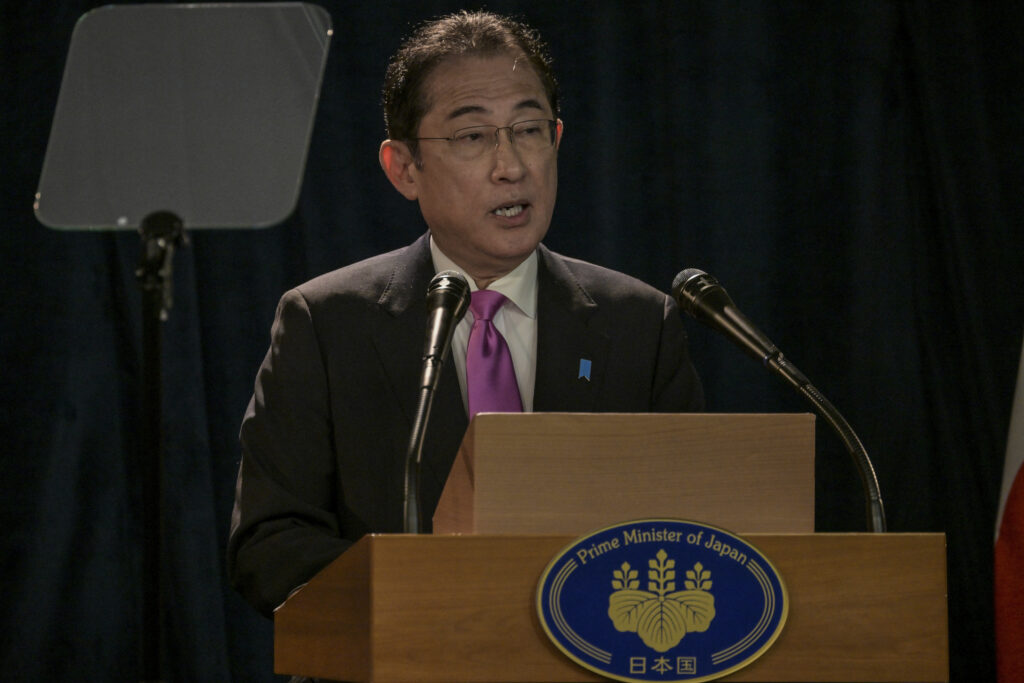
- ARAB NEWS
- 01 Aug 2025

TOKYO: Japanese Prime Minister KISHIDA Fumio said Wednesday that an envisaged rule to revoke permanent residence permits of foreigners will be limited to some malicious cases.
“The planned rule would not affect the vast majority of foreign permanent residents,” Kishida said at a meeting of the Judicial Affairs Committee of the House of Representatives, the lower chamber of the Diet, the country’s parliament.
The rule was included in a provision of a bill to revise the immigration control and refugee recognition law and other relevant laws that features a plan to abolish the existing technical intern program for foreign nationals and create a new scheme to train foreign workers.
The bill calls for allowing the government to revoke the permanent residence permits of foreigners if permit holders intentionally fail to pay taxes or social insurance premiums.
At the day’s meeting, Daiki Michishita of the leading opposition Constitutional Democratic Party of Japan criticized the government for not conducting a study to find out how many foreign permanent residents have failed to pay taxes or social insurance premiums.
Michishita urged the government to remove the provision, claiming that there were no legislative facts to justify its need and legitimacy.
The government will carefully consider the possible revocation of permanent resident permits with consideration for the settlement conditions of foreigners, Kishida said, seeking support for the provision.
Permanent residents have a status of residence with no restrictions on the length of stay or work activities. The permits can be obtained by foreigners who have stayed in Japan for 10 years or more, have not been sentenced to a prison term and have fulfilled official obligations, such as paying taxes.
Currently, it is impossible to revoke permanent residence permits in principle once they are granted by the justice minister.
As of the end of December last year, there were some 890,000 foreign permanent residents in the country. The government decided to add the provision to the bill as the number of foreigners with permanent residence permits is expected to increase following the introduction of the new scheme to train foreign workers.
The new scheme is focused on securing human resources to tackle the country’s serious labor shortages. It is designed for the training of foreign workers during a three-year training period to help them to obtain Type 1 residency status, allowing them to stay in Japan for the medium to long term.
JIJI Press